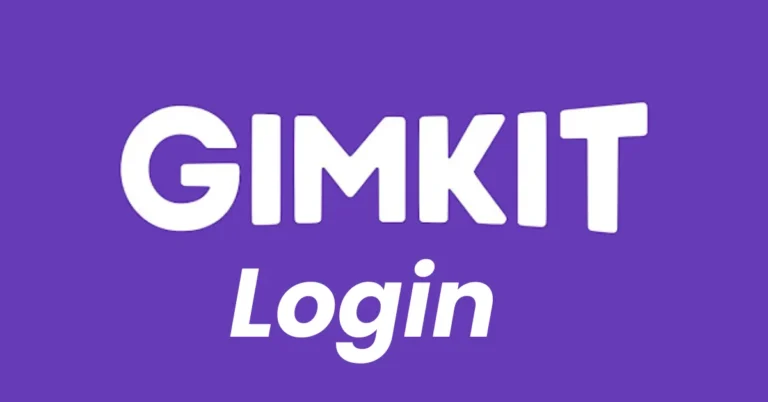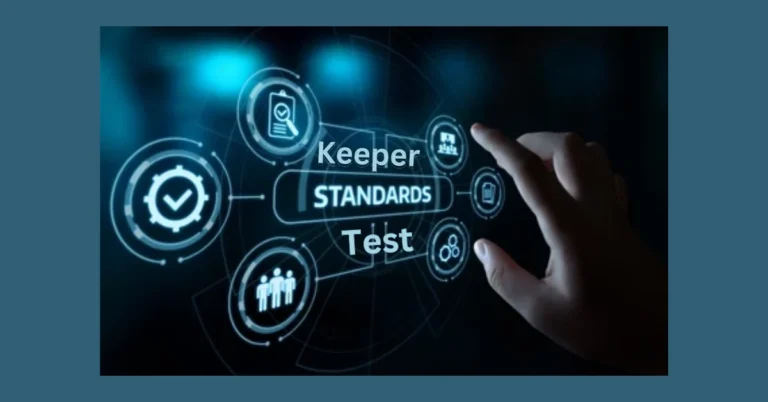AI-Powered Chatbots: A Deep Dive into Their Functionality and Applications
How do businesses utilize AI to improve interactions? What makes AI-powered chatbots a game-changer in various industries? Let us explore their functionality, various applications, and how they can be personalized to meet specific industry needs.
The Core Functionality
AI-powered chatbots for customer service have evolved significantly, providing more personalized and efficient support. Artificial intelligence (AI)-powered chatbots, in contrast to traditional ones that adhere to preset scripts. These advanced systems are reactive and proactive, learning from past interactions to improve future responses.
They are designed to understand, interpret, and respond to human language naturally. They rely on complex algorithms that analyze language patterns, allowing them to engage in fluid and human-like conversations. This capability is particularly valuable for companies that handle many customer interactions.
Types of AI-Powered Chatbots
It can be categorized into several types, each designed to serve specific functions such as:
- Rule-Based Chatbots: They follow predefined rules and are ideal for handling simple tasks. They are best suited for businesses that require a straightforward solution for frequently asked questions.
- Self-Learning Chatbots: Powered by machine learning, they might enhance their performance by gaining knowledge from previous interactions.
- Hybrid Chatbots: They offer a balanced approach by combining rule-based and self-learning capabilities. They can handle routine tasks efficiently while also learning to manage more complex inquiries.
- Voice-Activated Chatbots: These are designed to interact through voice commands, making them ideal for retail and customer service industries, where hands-free operation is beneficial.
Applications Across Industries
They have diverse applications across various industries, each type to meet specific business needs such as:
- Retail: Assist with product recommendations and order processing, enhancing the shopping experience.
- Healthcare: Manage patient appointments and provide information on medical conditions, improving patient care.
- Finance: Offer personalized financial advice and manage account inquiries, ensuring efficient service delivery.
- Travel: It handles booking inquiries, provides travel updates, and assists with itinerary changes, simplifying the travel process.
- Education: Support students with course information, enrollment processes, and academic queries, enhancing the learning experience.
These applications demonstrate versatility, making them invaluable assets in sectors requiring high interaction and efficiency levels.
Training Digital Assistant
To function effectively, they must be properly trained. This training involves feeding the chatbot vast amounts of data, allowing it to learn from human interactions. The more data a chatbot processes, the better it becomes at understanding context, identifying nuances in language, and providing accurate responses.
Training is an ongoing process. As the chatbot encounters new scenarios and questions, it learns and adapts. No matter how consumer behavior or market trends evolve, the chatbot will always be applicable and efficient thanks to its ongoing development.
The Potential of AI-Powered Chatbots
The potential extends far beyond simple customer interactions. As these systems become more sophisticated, they can take on more complex tasks like data analysis, personalized marketing, and predictive customer support. This expanded functionality makes them a critical tool for businesses looking to stay competitive in a fast-paced market.
Moreover, AI-powered chatbots can seamlessly integrate with other technologies, such as CRM systems and analytics platforms, to provide a comprehensive solution that enhances overall business performance. This integration allows businesses to utilize data effectively, driving better decision-making and improved customer experiences.
Investing in AI-powered chatbots for customer service addresses present demands and equips businesses to thrive in the evolving market. It provides a potent solution that boosts productivity, client engagement, and operational flexibility for companies across various industries. Chatbots, with their capacity to learn, adjust, and carry out several tasks, are revolutionizing the way businesses communicate with their clientele.






